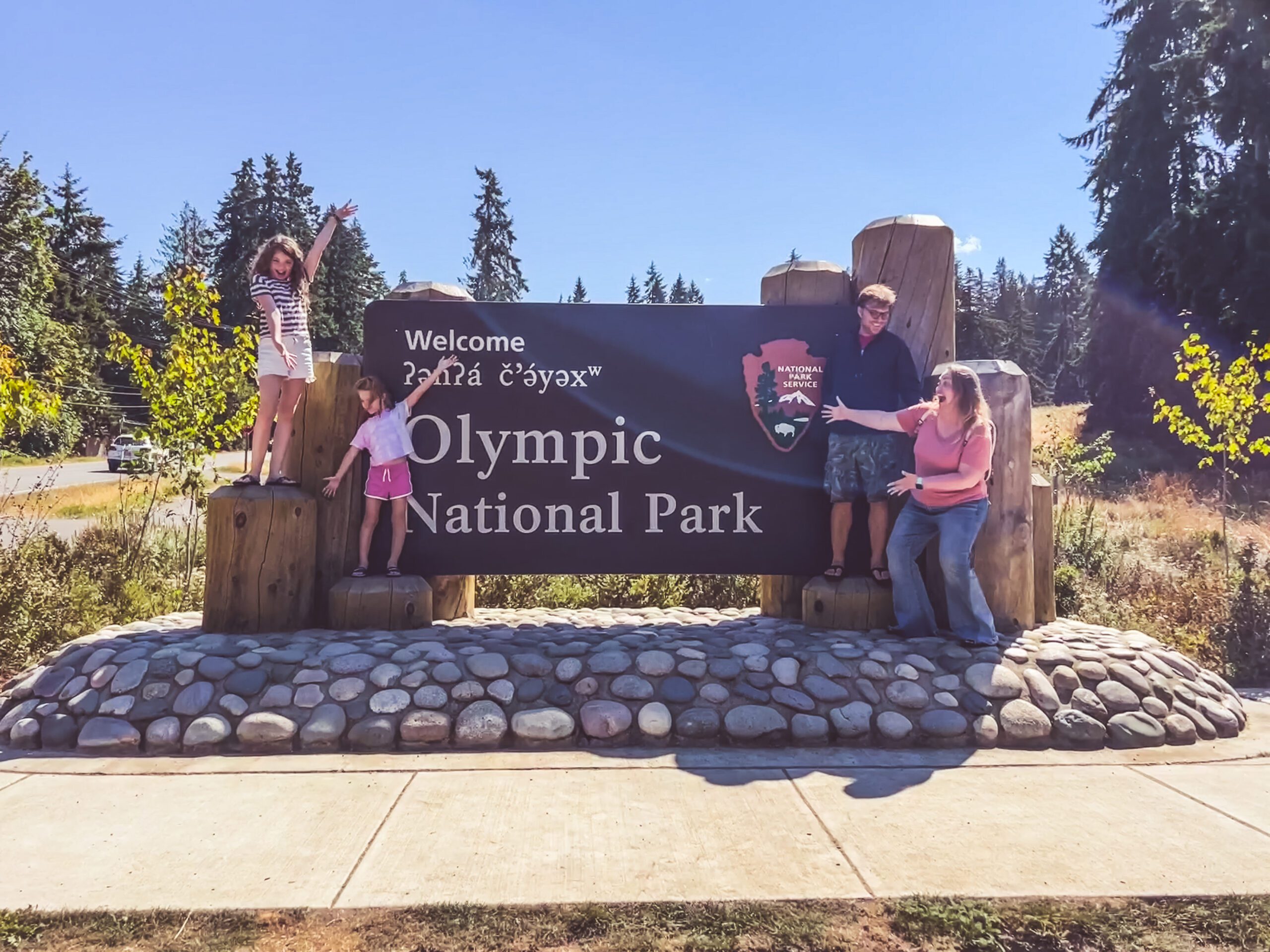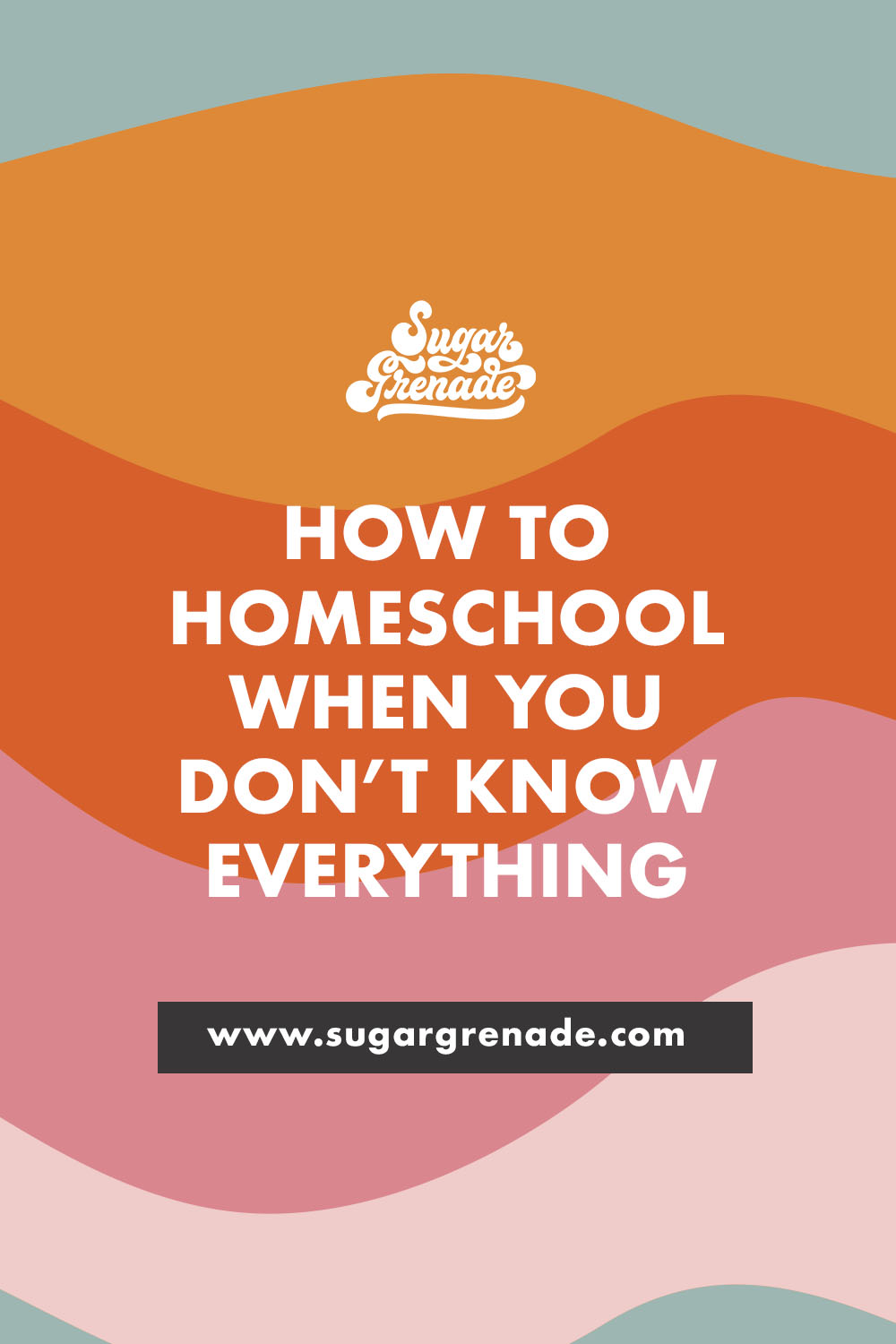How to Homeschool when you don’t know everything
I’m the first to admit that I don’t know everything, but when it comes to homeschooling my kids, the qualification I fall back on is simply that I have been a kid and have been to school. I’ve been a kid before. This is not my first rodeo. I’m qualified to guide my kids through these years because I’ve been there before.
When we decided to go the homeschool route, I had to address some personal concerns. Usually, those things come up in conversation with other parents as the topic arises.
Here are my thoughts on that intrusive thought, how to homeschool when you don’t know everything.
I don’t want my kid to “fall behind.”
I hear you; fall behind what, though? The beauty of homeschooling is that you can go at your own pace without competing with anybody. State standards vary. You are your school with your standard, curriculum, focus, and goals. Education can be seen as a conveyor belt, with the final stops being a diploma, employment, and paying taxes. It’s a dreary way to look at it, but that’s why we’ve chosen to shake things up and educate at home. If we’re all cogs in the same machine, why not make the most of this part while we can?
Remove the stigma of being ahead or behind, and make learning fun. Individualize learning and, follow their lead, learn about what they’re interested in. Remove the pressure to perform at a made-up level, and you unlock something you never knew was possible – it’s an entirely different experience than what we had ourselves as busy, anxious children.
Still not convinced?
Consider this: Do kids wean from bottles and binkies? Are they heading off to college in need of potty training? Nope. They learn what they need when they need it. Remember worrying about your baby not rolling over or sitting up when the books told you they should be?
There’s no rush.
It’s not a race.
(If your 16-year-old isn’t rolling over yet, there might be a problem, though…)

I don’t think I have the patience to homeschool.
If nothing else, homeschooling has taught me patience! Patience can be interpreted as time and energy. When you don’t have a room full of 30 kids with one teacher, you finish your day much sooner than expected. Our homeschool day is typically done by 11 am. That is to say, you might not need as much patience as you think.
That’s also not to say that lack of patience isn’t ever an issue. Typically impatience isn’t a primary emotion, though. When you peel the layers back, a lack of patience is exhaustion, triggering behaviors, miscommunication, mental health, unrealistic expectations, etc. Homeschooling has required a lot of inner work, and it’s an opportunity I’m grateful for. Learning patience has helped me in all my relationships.
Another point to consider is the adjustment homeschooling is for kids who have been in the public school system. After having the cookie-cutter education system ingrained in them, it takes a lot on their part to figure out this new way of learning. Remember, that learning system is all they’ve experienced and know right now. For us as grown-ups, it’s potentially all we know also. It’s a whole lot of unlearning and patience for the kids too. But learning happens together as you reset expectations and create the best system for your home. Embrace a period of unschooling as you settle into this new way of learning.
Homeschooling seems like an added expense.
I see fundraisers and classroom wishlists that parents fill for their kid’s classrooms and can tell you homeschooling can be done for much less. Homeschool discounts are available for many memberships and subscriptions. Some programs subsidize or reimburse homeschool purchases which are worth considering if the added expense is a concern.
We’ve been surprised by the resources that are readily and generously available (free) to us and fit within our curriculum and education goals. Printable worksheets, unit studies, apps, audiobooks, coding programs, and more are readily available.
The blessed library is free.
Choosing a homeschool curriculum seems too daunting.
Unless you’re attracted to a specific homeschool curriculum, you’ll likely feel like you’re drowning while shopping around for the perfect curriculum.
Here’s the secret: you don’t need one.
Explore the options as you go. Start with a program like Khan Academy. It’s free and covers math, reading, language arts, and beyond. As you discover your homeschooling rhythm as you jump into this lifestyle, you’ll find your community to guide you in their ways.
Resources and philosophies we’ve explored include the Thomas Jefferson Education, the Charlotte Mason Method, Wild + Free, The Good and The Beautiful. We’ve taken what we need from each of these and the many other options we’ve come across and found our rhythm. We also regularly reevaluate where we’re at and make changes.
For everything else, there’s youtube.
What about socialization?
Firstly, you don’t send your kid to school to socialize. They go to learn, sit, be quiet, listen, and raise their hand for permission to speak. They’re put into classes with kids their age, with whom they have lunch, etc. To fill their social cup, homeschooled kids play at the playground and neighborhood with other kids; they interact at the library and aquarium, gymnastics class, and all those places you’ll still take them. You, as their teacher, talk to them all day long. They call grandma, play Minecraft with cousins, etc. There are homeschool co-ops and groups. Socializing isn’t an issue.
Your local library may have homeschool or after-school clubs. Homeschooling doesn’t mean your kids can’t be enrolled in sports clubs.
Opportunities for socialising are there.
It seems like a lot of work.
It is. It’s an actual career! The perk is: nobody knows your kid better than you. You have the upper hand. This lifestyle can benefit your relationship despite how difficult it sometimes feels and how inadequate you might feel. It’s an opportunity and not a prison sentence. Learning opportunities are presented during every aspect of your day that doesn’t feel like work. For example, following a recipe uses many skills beyond reading and following instructions. It’s measuring, math, fine motor skills, time management, science, etc. You’ll find that, thankfully, homeschooling is its own thing and not necessarily recreating public school at home. You can make it as much work as you want.
Embrace your community and support system. Find mentors.
It’s a lot of work, but there is so much freedom. We can hit the road to travel whenever we want. We stop at visitor’s centers, talk to Park Rangers, take our time, learn, and explore as we go. Or we hibernate for the winter, bake bread, taste test root beer, learn how things are made, watch documentaries, paint, talk, go on walks, and share our favourite facts.
And I work in the afternoons as a branding and graphic designer.
It’s a lot of work but fulfilling and flexible.








